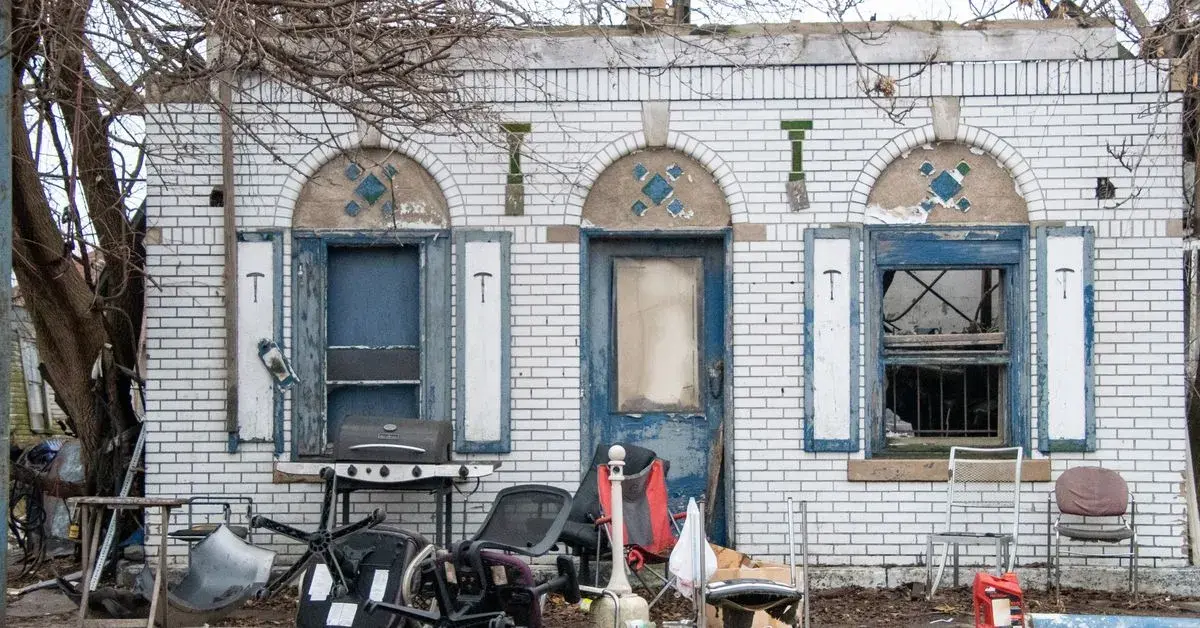I used to be against this idea, but it seems like a much more honest way of taxing real estate. I think the unintended consequences might be that green space becomes too expensive not to develop. So you wind up with those shitty five-story wood-framed apartment buildings everywhere, which all look the same, and you lose the houses & gardens.
Yeah, implementing policies like this has to be done really damn carefully to prevent unintended consequences from dragging the whole thing down. It’s also not a push-button solution to a problem; it requires persistent, long-term commitment and gradually change to get right. Tricky, especially when, at least here in the US, regressive politicians regularly get elected and scuttle policies that would eventually work if left alone.
Anyway, yeah, just focusing on a land-value tax alone won’t solve the problem of equitable housing. It’ll have to be worked in carefully with safeguards to prevent the 1% from abusing it, that prevent public green spaces from disappearing into the concrete jungle, that ensures we have space to build and improve public transit, infrastructure , etc.
For example, single family home zoning on large (7000+ sq ft) lots isn’t appropriate major cities. It’s reasonable to expect people to compromise away from that type of housing into smaller lots and mixed-use zoning, so that SFH’s can exist in small spaces but be surrounded by businesses and apartments. But, if a small single family home or an apartment wants to work in a small garden or share a public garden, I think those types of things should be protected and, at least if they’re public access, exempted from land use tax to a certain point.
We of course have to be careful not to allow loopholes that enable people to exploit that and keep inappropriate amounts of land to themselves without paying dearly for it. But we also need provisions for that kind of land use to exist without it being so expensive that only the wealthy have it, or that horrific things like HOAs are the only ones able to afford them.
It’s a mess. I’m glad though that they’re trying it out. Just putting the idea off because it’s hard will keep things worse forever.
My favorite thing is when the people who argue for increased density and mixed-use zoning are the same people who move to the suburbs the minute they start having children. They realize they don’t want to live in what they advocated for, and the schools are better elsewhere.
🤖 I’m a bot that provides automatic summaries for articles:
Click here to see the summary
Detroit has had a declining population for decades — peaking in the 1950s at 1.85 million — and has been grappling with large amounts of vacant land under private, public, and nonprofit ownership.
The mayor threw his backing behind the concept this past May, and though the specific details have changed somewhat in recent months, the basic idea of taxing land at a higher rate than buildings remains intact.
Other Detroit constituents have expressed general distrust of the city’s mayor and ideas he’s enthusiastic about, arguing there are other reforms needed to stave off eviction and foreclosure.
Roach, Duggan’s spokesperson, said Michigan’s Democratic House Speaker Joe Tate indicated he will bring up the Detroit land-value tax idea for a vote in January.
Some Detroit activists argue that a land-value tax will fail if not paired with fixing the city’s notoriously broken property assessment process, which often undervalues expensive homes and over-values less valuable ones.
“Like a lot of American cities Detroit has historically struggled with accurate and frequent assessments and particularly at the low-end of the value spectrum,” said Justus, of the Niskanen Center.
Saved 90% of original text.



